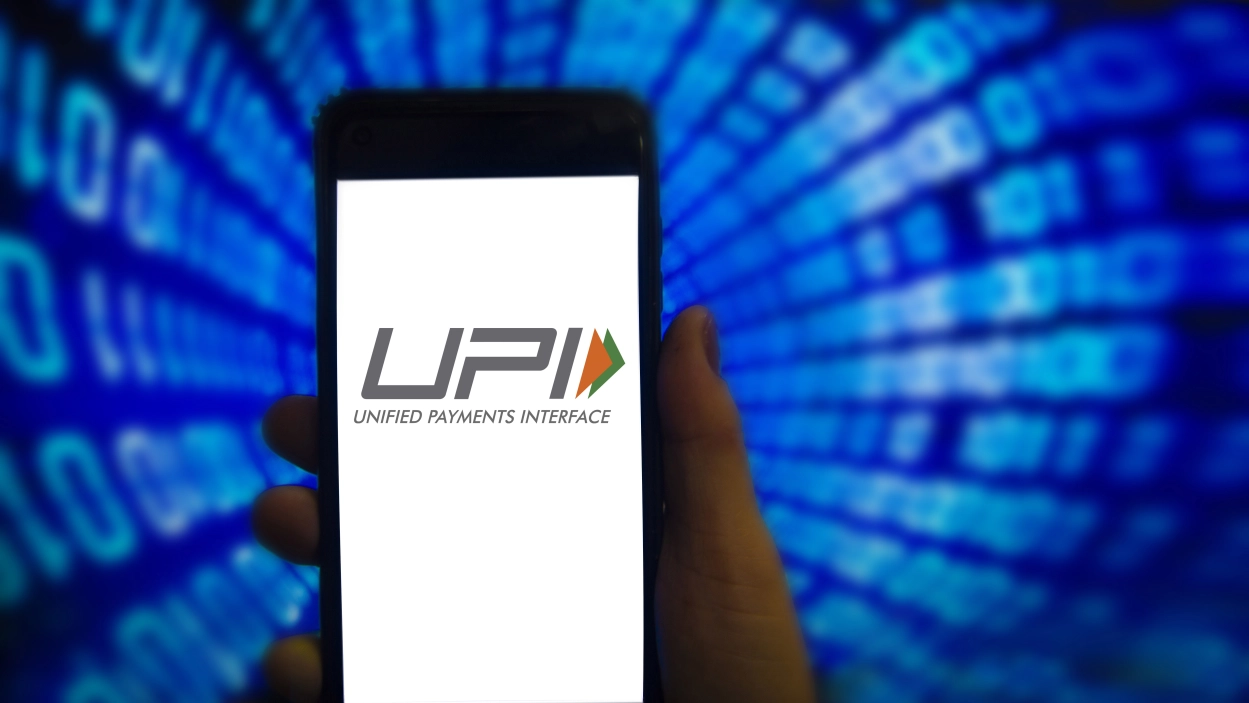NATIONAL : In a major decision, the RBI on Friday announced to raise the UPI payment limit to hospitals and educational institutions to Rs 5 lakh from Rs 1 lakh presently and hiked the cap for e-mandates for recurring payments to Rs 1 lakh.
The RBI, while raising the UPI transaction limit after the three-day monetary policy committee meeting, said it will help consumers make online payments of higher amounts for education and healthcare purposes. The RBI reviews limits for various categories of UPI transactions from time to time.
The Unified Payments Interface (UPI) is India’s mobile-based fast payment system, which facilitates customers to make round-the-clock payments instantly using a Virtual Payment Address (VPA) created by the customer.
It has become hugely popular for retail digital payments in India, and its adoption is increasing at a rapid pace.
India has emerged as one of the fastest-growing ecosystems for fintech innovation and the government and the central bank have been instrumental in driving the globalization of India’s digital payment infrastructure.
A key emphasis of the Indian government has been on ensuring that the benefits of UPI are not limited to India alone; other countries, too, benefit from it.
So far, several countries, including Sri Lanka, France, the UAE, and Singapore, have partnered with India on emerging fintech and payment solutions.
In another announcement, the RBI today proposed to enhance the limit under e-mandates for making payments of a recurring nature to Rs 1 lakh per transaction.
Individuals making recurring payments of mutual fund subscriptions, insurance premium subscriptions, and credit card repayments will benefit. The RBI said the new measure will further accelerate the usage of e-mandates.
“E-mandates for making payments of a recurring nature have become popular among customers. Under this framework, an additional factor of authentication (AFA) is currently required for recurring transactions exceeding Rs 15,000,” RBI Governor Shaktikanta Das said in his monetary policy statement. (ANI)

